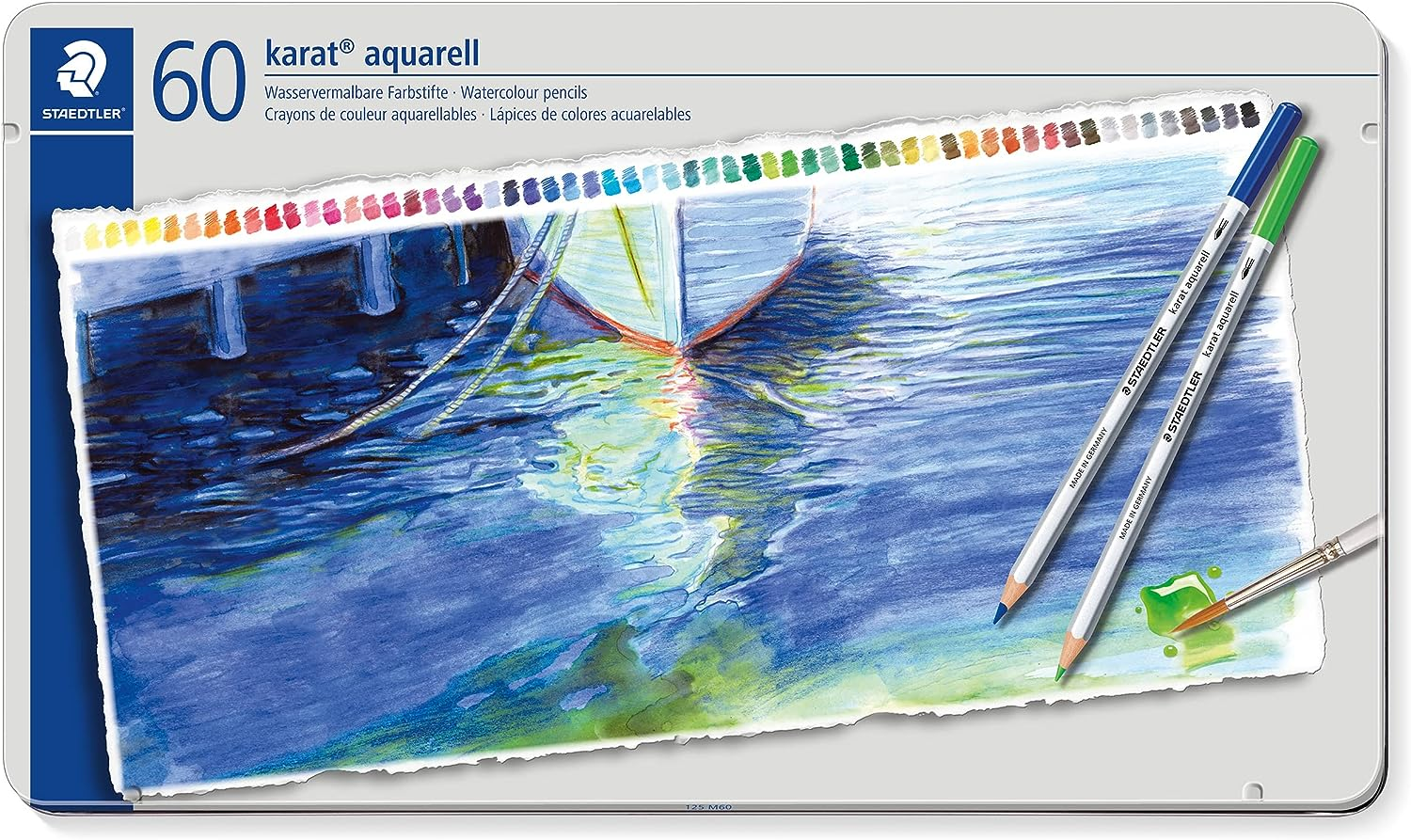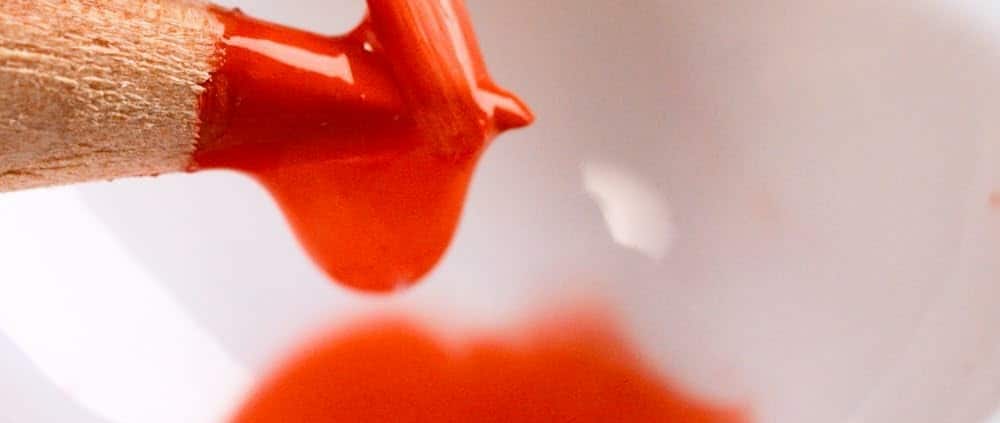How to Use Watercolor Pencils: A Beginner’s Guide
Stepping away from traditional colored pencils with the goal of elevating and adding dynamic techniques to your art medium? Consider watercolor pencils.
Watercolor pencils, a magical fusion of colored pencils and watercolor paints, have garnered popularity among both novice and seasoned artists. They’re versatile, portable, and offer a unique blend of control and spontaneity. If you’re curious about diving into the world of watercolor pencils but aren’t sure where to start, you’ve come to the right place. Here’s a beginner’s guide on how to use these vibrant tools effectively.

Understanding Watercolor Pencils
Unlike regular colored pencils, watercolor pencils contain a water-soluble binder. When dry, they act just like a standard colored pencil. However, once you introduce water, the pigment transforms, creating a wash effect similar to watercolor paint.

Gathering Your Supplies
Watercolor Pencils: Invest in a good quality set for the best results.
Watercolor Paper: It’s thicker and more absorbent, ideal for holding water without warping.
Brushes: A basic round brush is sufficient, but having a variety of shapes and sizes can be fun to experiment with.
Water: For activating the watercolor effect.
Tissue or Cloth: To blot excess water or correct mistakes.
Basic Techniques to Master
1. Dry to Wet watercolor pencils technique
Sketch: Start by sketching your design using the watercolor pencil as you would a regular colored pencil.
Activate: Dip your brush in water and gently brush over your sketch. The colors will blend and create a soft, watercolor effect.
2. Wet to Wet
Wet the Paper: Before drawing, use a wet brush to dampen the area of the paper where you’ll be coloring.
Draw: As you draw on the wet paper, you’ll notice the colors spreading and blending naturally.
3. Creating Watercolor Washes
Transfer Pigment: Scribble your watercolor pencil on a separate piece of paper or a palette.
Lift with Brush: Dampen your brush and lift the pigment from the paper or palette, then apply it to your artwork for a traditional watercolor wash effect.
4. Layering and Blending
Layer Dry: Just like with colored pencils, you can layer colors on top of each other for depth and shading.
Blend with Water: After layering, use a wet brush to blend the colors seamlessly.
Tips for Success
Start Light: It’s easier to add pigment than to take it away. Start with light strokes and build up your color intensity.
Practice: Experiment with different amounts of water and pressure to find the effects you like best.
Protect Your Work: Once your piece is dry, consider using a fixative spray to protect it from smudging or fading.

A Roundup of the Best Watercolor Pencils
Watercolor pencils are a beloved tool for many artists due to their versatility. Several brands have garnered acclaim for their quality and performance. While “best” can be subjective and based on individual preferences, the following are five watercolor pencil brands frequently lauded by artists and reviewers:
Faber-Castell Albrecht Dürer: These artist-grade watercolor pencils are known for their high pigment concentration, excellent lightfastness, and durable cores. They provide vibrant colors and smooth application, making them a favorite among many professionals.
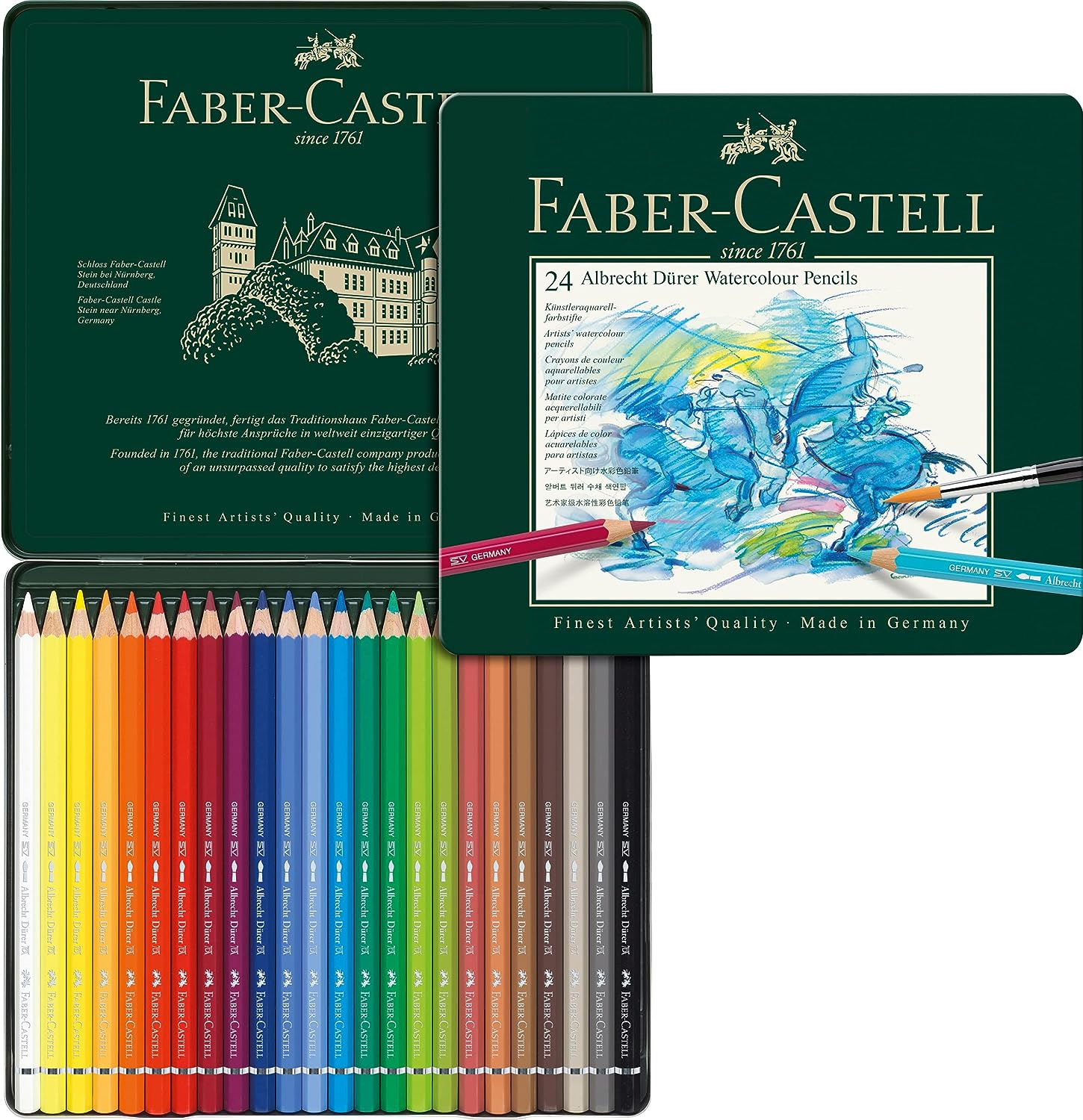
Caran d’Ache Supracolor: Renowned for their softness and rich color payoff, these Swiss-made pencils are a delight to work with. They have a good range of colors and blend very well with water.
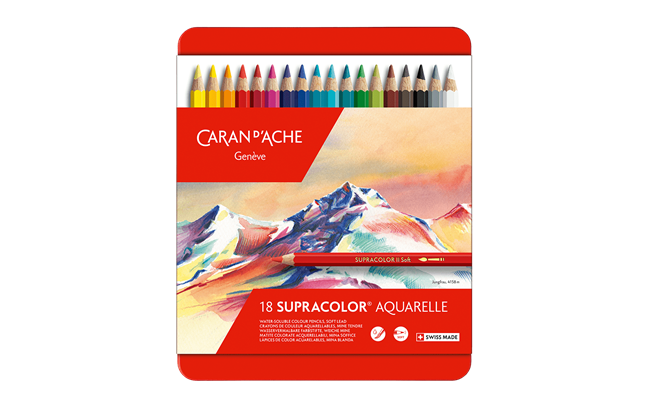
Derwent Watercolor Pencils: Derwent offers a variety of water-soluble pencils, including their Watercolor and Inktense lines. The latter, Inktense, is particularly unique because once it’s activated with water, it dries with an ink-like intensity, making the colors pop.
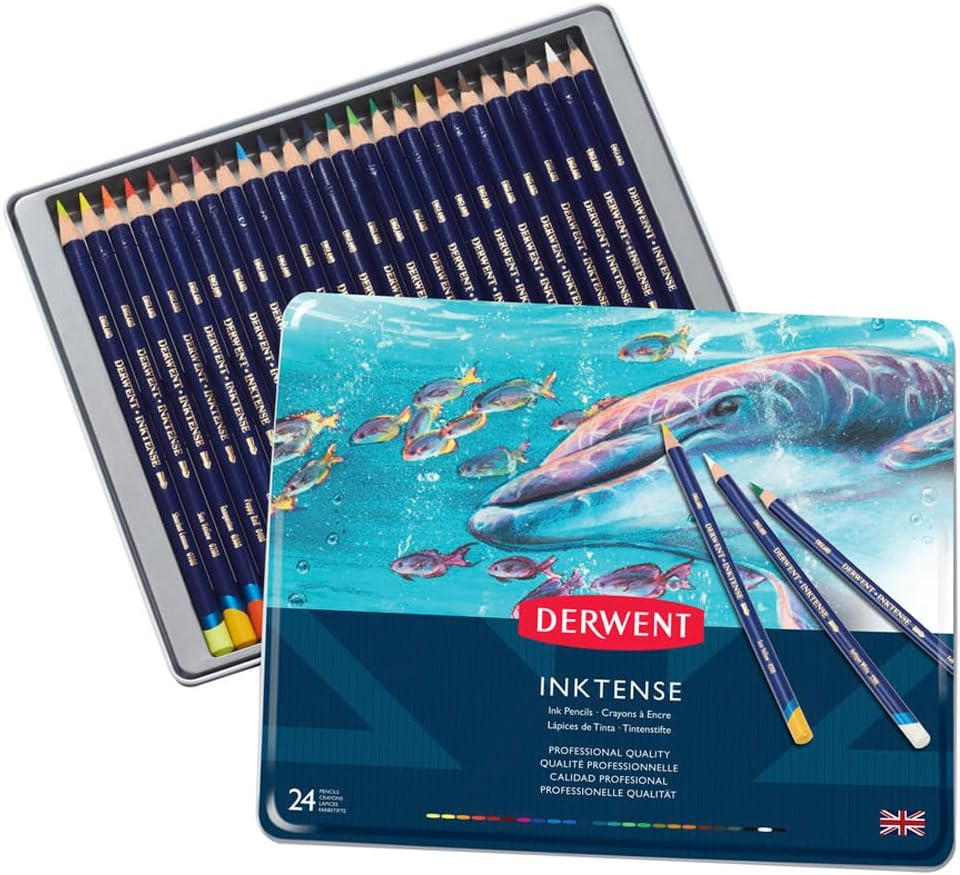
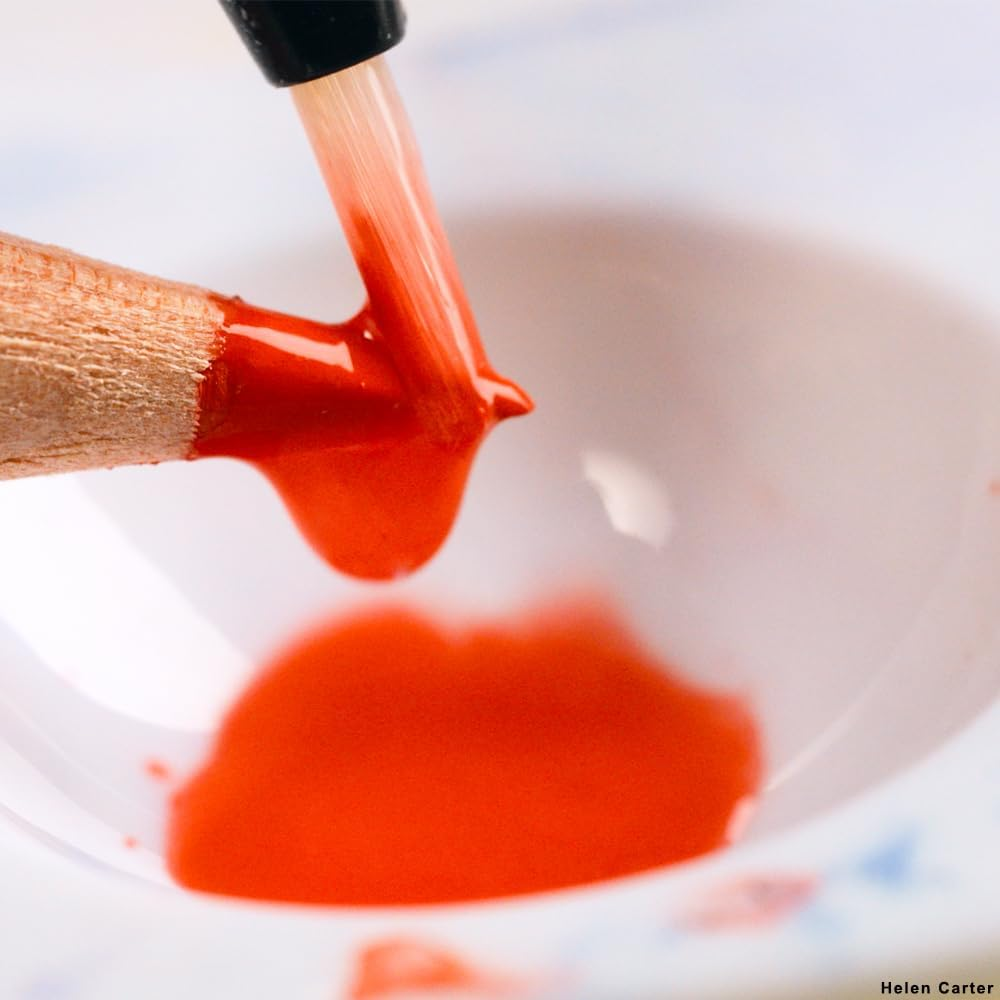
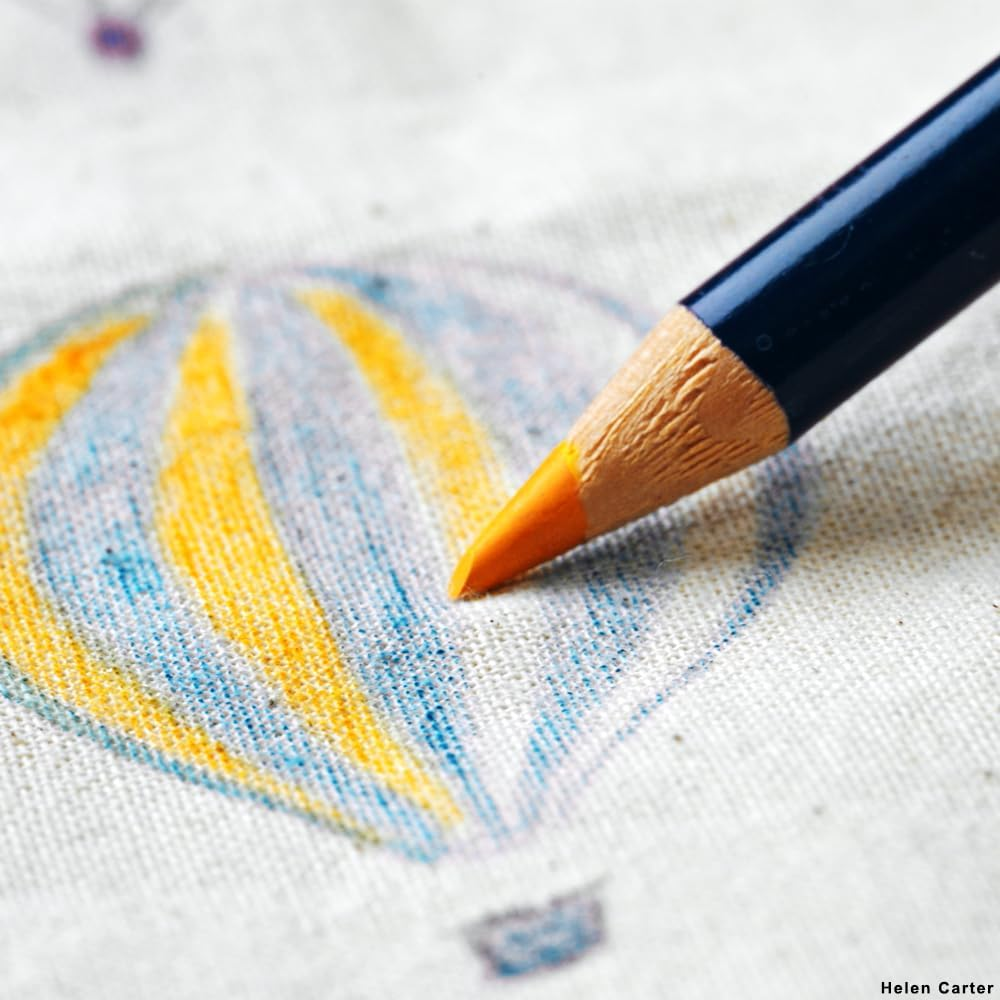
Prismacolor Watercolor Pencils: Known for their soft cores and vibrant colors, Prismacolor’s watercolor pencils are a popular choice among artists. They blend smoothly and can create both fine details and washes.
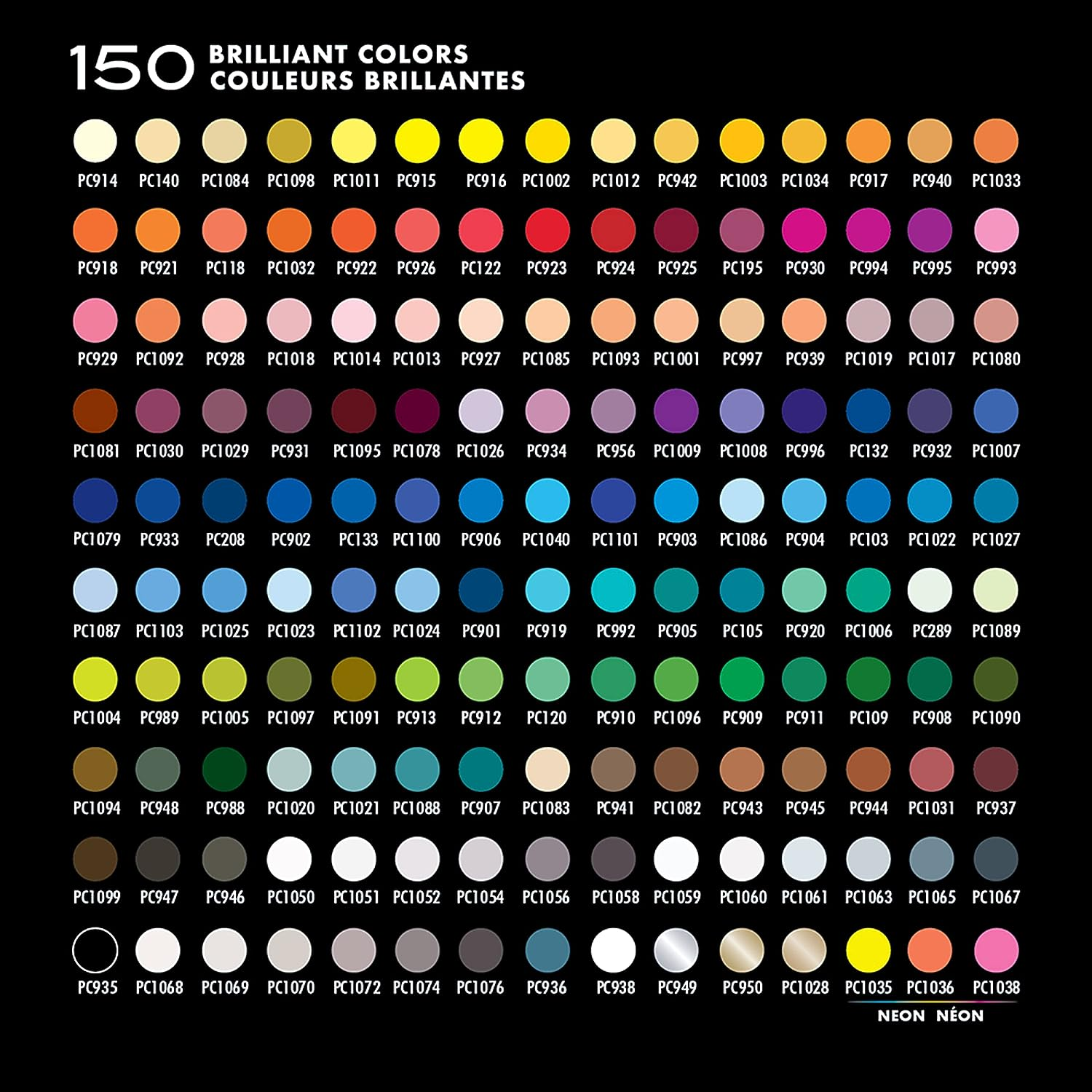
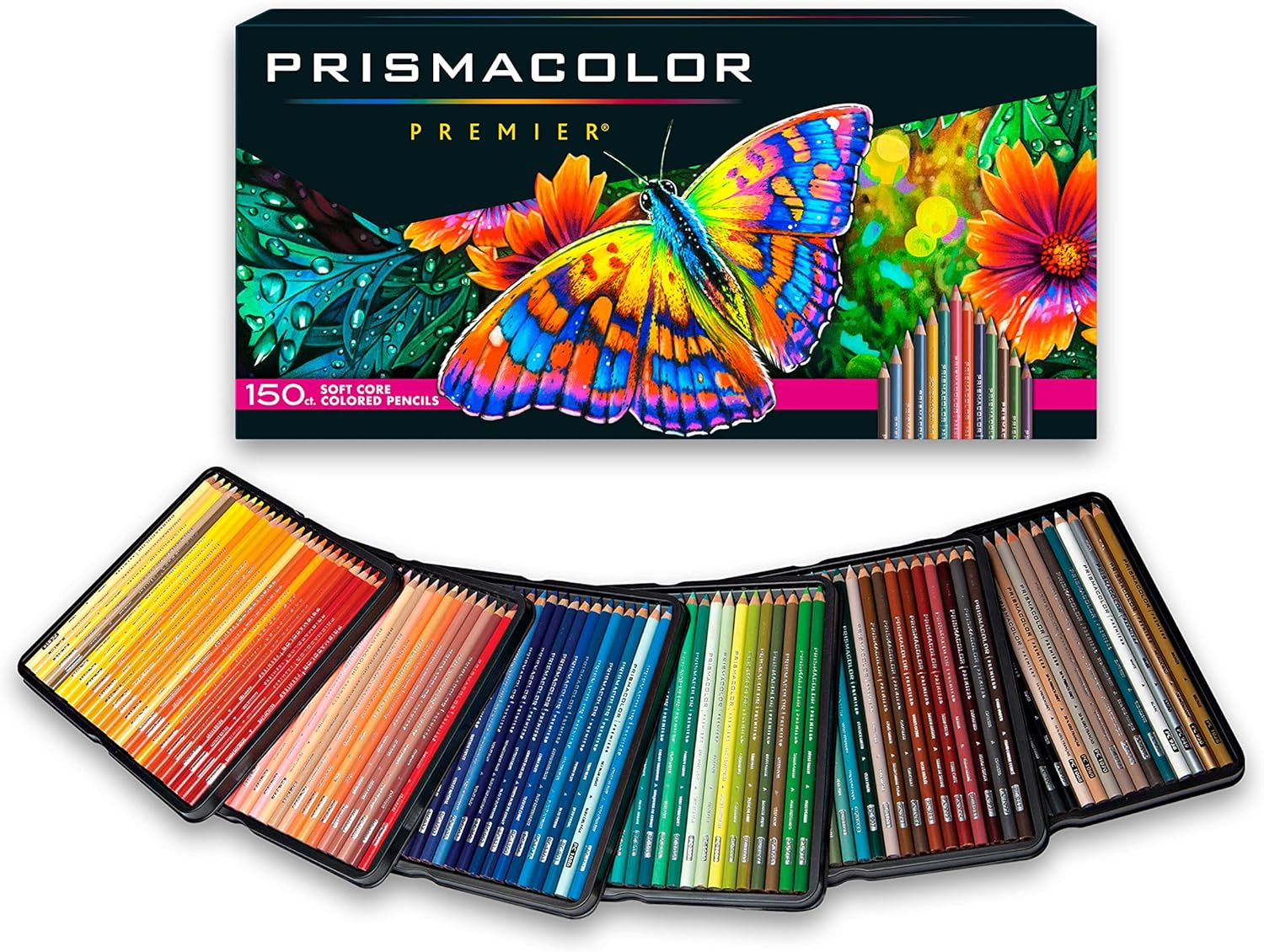
Staedtler Karat Aquarell: These are quality watercolor pencils that offer a good balance between price and performance. They’re known for their durability and consistent color output.
